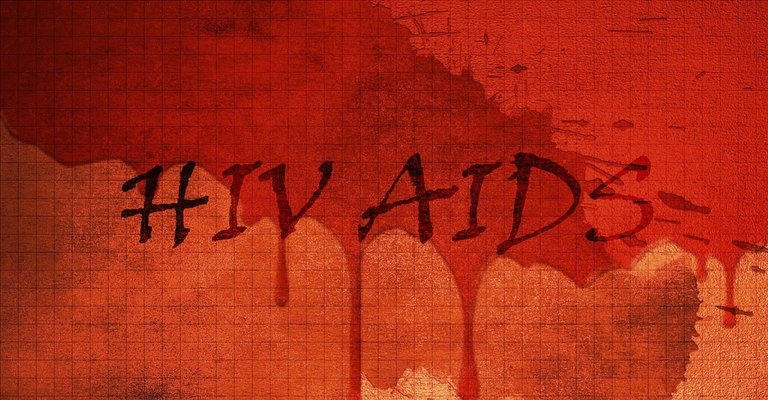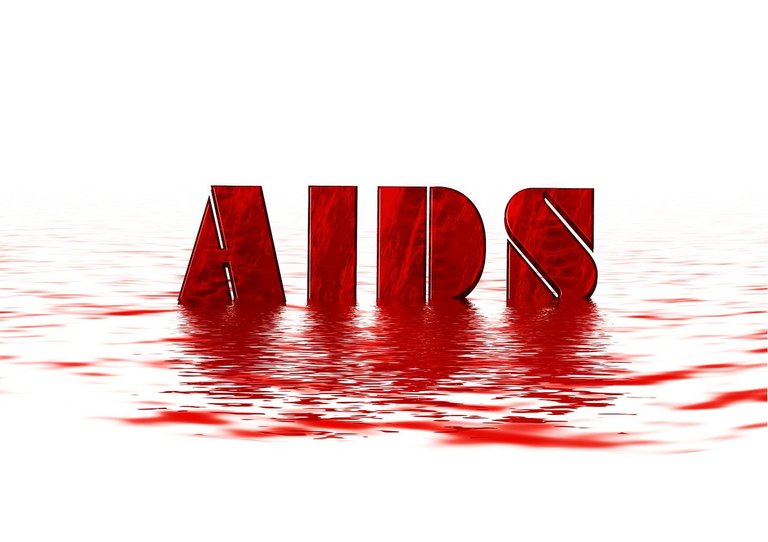Let look into HIV and AIDS in a fun and easy to understand kind of way shall we👌
Okay now, Imagine you’re having a party and everyone’s having a great time. Suddenly, a sneaky, uninvited guest slips in. This guest is HIV, which stands for Human Immunodeficiency Virus. It’s like the ultimate party crasher. HIV is really clever. It sneaks into your body and goes straight for your immune system, which is like your body’s team of protectors or guardian, something like that. These protectors are called T-cells or CD4 cells. Their job is to fight off infections and keep you healthy. But HIV is like a villain with a tricky disguise. It sneaks into the T-cells and starts causing trouble from the inside.

Image by Darwin Laganzon from Pixabay
Now you see once HIV is inside the T-cells, HIV starts making copies of itself. It’s like a villain who clones itself to build an evil army. The more it clones itself, the more T-cells it takes over, and the weaker your immune system gets. It’s like having your superhero team turned into villains against their will . Not cool, right? At this point it disastrous, if HIV keeps attacking your T-cells for a long time and your immune system gets really weak, it can lead to AIDS, which stands for Acquired Immunodeficiency Syndrome. Think of AIDS as the final boss level in a video game, where the villains have taken over and your superheroes are really struggling to fight back. When someone has AIDS, their immune system is so weak that it has a hard time fighting off even the smallest infections. Things that wouldn’t normally make you very sick can become serious problems because your immune system isn’t strong enough to fight them off. HIV is pretty sneaky about how it spreads. It doesn’t spread through hugging, shaking hands, or sharing snacks. Instead, it spreads through certain body fluids like blood, semen, vaginal fluids, and breast milk. For example, if someone uses a needle that an HIV-positive person used, the virus can sneak in that way. HIV can also be transmitted during sex if protection (like condoms) isn’t used. Additionally, a mother with HIV can pass the virus to her baby during childbirth or through breastfeeding. Image by Gerd Altmann from Pixabay
Now, here’s the good news. We have some awesome medicines called antiretrovirals (ARVs) that can help fight HIV. These medicines don’t let HIV make as many copies of itself, which helps protect the T-cells and keeps the immune system stronger. It’s like giving your superhero team some super-powered armor and gadgets to fight the villains. People with HIV who take their medicine regularly can live long and healthy lives. It’s not a cure, but it’s a powerful way to keep the virus under control. Plus, scientists are working hard every day to find even better treatments and, hopefully, a cure. Just like you’d want to keep an uninvited guest out of your party, there are ways to prevent HIV from sneaking in. Condoms can help prevent the spread of HIV during sex. Never share needles or other sharp objects. Regular HIV testing can help you know your status and take steps to protect yourself and others. There’s even a medicine called PrEP (Pre-exposure Prophylaxis) that people at high risk of HIV can take to help prevent getting infected. So, there you have it! Yes HIV is a sneaky virus, of course it is . It the kind that tries to crash the party and mess with your immune system. But with the right knowledge, medicines, and precautions, you can keep the party going strong and stay healthy.




